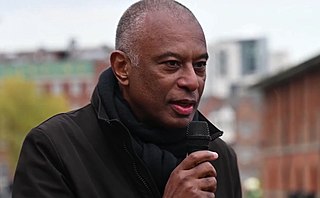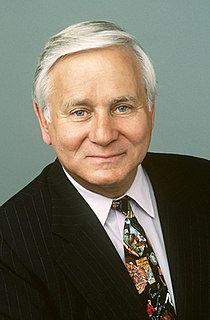A Quote by Jorge Luis Borges
I think of myself primarily as a reader, then also a writer, but that's more or less irrelevant. I think I'm a good reader, I'm a good reader in many languages, especially in English, since poetry came to me through the English language, initially through my father's love of Swinburn, of Tennyson, and also of Keats, Shelley and so on - not through my native tongue, not through Spanish. It came to me as a kind of spell. I didn't understand it, but I felt it.
Related Quotes
Joyce's writing in Dubliners contains some of the most unshowily beautiful sentences in the English language. I learned from him that if you write a good, clean line of English, you can get under a reader's skin. The reader won't even know why, but there you are. Didion, Berger, the many others I mentioned above, and many, many poets I haven't mentioned. Writers of this calibre are the moving targets the rest of us are always chasing.
I think in Arabic at times, but when I'm writing it's all in English. And I don't try to make my English sound more Arabic, because it would be phony - I'm imagining Melanie Griffith trying to do a German accent in Shining Through. It just wouldn't work. But the language in my head is a specific kind of English. It's not exactly American, not exactly British. Because everything is filtered through me, through my experience. I'm Lebanese, but not that much. American, but not that much. Gay, but not that much. The only thing I'm sure of, really, is that I'm under 5'7".
I think it's good for anybody to learn languages. Americans are particularly limited in that way. Europeans less so... We're beginning to have Spanish move in on English in the states because of all the people coming from Hispanic countries... and we're beginning to learn some Spanish. And I think that's a good thing... Only having one language is very limiting... You get to think that's the way the human race is made; there's only one language worth speaking... Well, this isn't good for English.
In my couple of books, including Going Clear, the book about Scientology, I thought it seemed appropriate at the end of the book to help the reader frame things. Because we've gone through the history, and there's likely conflictual feelings in the reader's mind. The reader may not agree with me, but I don't try to influence the reader's judgment. I know everybody who picks this book up already has a decided opinion. But my goal is to open the reader's mind a little bit to alternative narratives.
Limited points of view let the writer dispense - and the reader gather - information from various corners of the story. It all becomes a kind of dance, with the writer guiding the reader through the various twists and turns. The challenge is keeping readers in step, while still managing to surprise.
There's an old adage in writing: 'Don't tell, but show.' Writing is not psychology. We do not talk 'about' feelings. Instead the writer feels and through her words awakens those feelings in the reader. The writer takes the reader's hand and guides him through the valley of sorrow and joy without ever having to mention those words.
The poem is not, as someone put it, deflective of entry. But the real question is, 'What happens to the reader once he or she gets inside the poem?' That's the real question for me, is getting the reader into the poem and then taking the reader somewhere, because I think of poetry as a kind of form of travel writing.
I think I went through early years of my career sort of thinking, "Well, maybe I'm just not British enough." And I always remember my father saying to me, "Don't think you're English, because however English you feel, some Englishman is going to remind you that you're not." Now, for him it must have been a much more acute experience, because he immigrated to England. I was born there, so I kind of felt I had the right to assume that I was British, but it's true. The English are a very warm and welcoming people, but there's a streak in there that reminds you, occasionally.







































